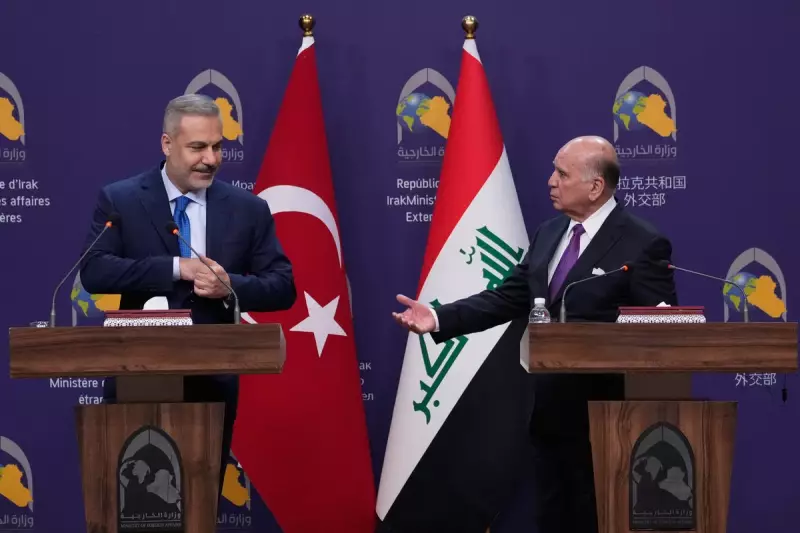
In a dramatic shift that could reshape regional security dynamics, the Iraqi government has formally declared the Kurdistan Workers' Party (PKK) a banned organisation within its territory. This landmark decision represents a significant victory for Turkey, which has long sought greater cooperation from Baghdad in combating the Kurdish militant group.
A Strategic Diplomatic Breakthrough
The announcement came through an official statement from the Iraqi national security council, confirming that the PKK would now be treated as an outlawed entity. This move follows years of persistent pressure from Ankara and comes amid warming relations between the two neighbouring nations.
Turkey's defence ministry welcomed the development, describing it as a long-awaited step toward eliminating what it calls a "terrorist threat" near its southern border. The PKK, founded by Abdullah Ocalan in the late 1970s, has been engaged in a decades-long conflict with the Turkish state that has claimed tens of thousands of lives.
Regional Implications and Security Cooperation
This decision carries profound implications for the delicate balance of power in the region. Iraq's northern territories, particularly the semi-autonomous Kurdish region, have historically provided sanctuary for PKK fighters. The formal ban signals Baghdad's commitment to preventing its territory from being used as a launchpad for attacks against its neighbour.
The timing of this announcement suggests a strategic recalibration of Iraq's foreign policy priorities. As Baghdad seeks to strengthen its international partnerships and assert greater control over its sovereign territory, cooperation with Turkey on security matters appears to have taken precedence.
Historical Context and Future Prospects
The PKK has maintained a presence in northern Iraq's mountainous Qandil region since the 1990s, using it as a base for operations against Turkish forces. Despite periodic Turkish military incursions and airstrikes targeting PKK positions, the group has maintained its foothold in the area.
This development raises important questions about the future of Kurdish political movements in the region and could potentially strain Iraq's relations with various Kurdish factions. However, it also opens new avenues for economic and security cooperation between Baghdad and Ankara, potentially leading to increased stability along their shared border.





